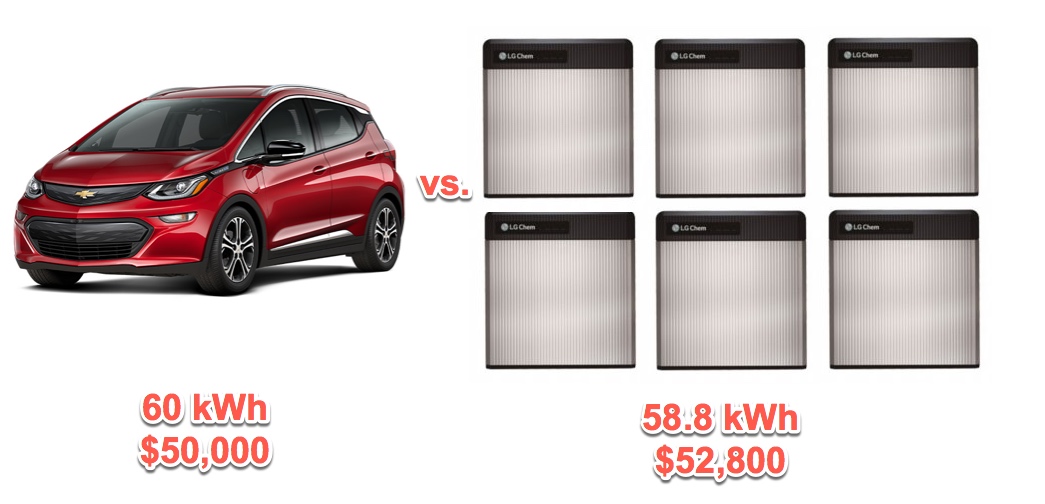
You can buy 60kWh of storage in a Chevy Bolt for a similar price to 60kWh of uninstalled home battery packs.
Looking to buy some LG Chem batteries but don’t want to pay full price? In that case, I have a little scheme you might be interested in.
If you want to, you could buy an LG Chem RESU6.5 battery system which will set you back around $1,000 per kilowatt-hour of storage. Or you could do a little better by buying a RESU10 as that will only cost you around $900 a kilowatt-hour. But if you follow my advice you can net yourself LG Chem batteries for only $822 a kilowatt-hour.
There is a slight drawback to my plan in that you have to buy 60 kilowatt-hours of batteries to get them for that price. But trust me, it’s well worth it because if you buy these batteries you get a free stereo system! There is no denying that’s a sweet deal. [Read more…]

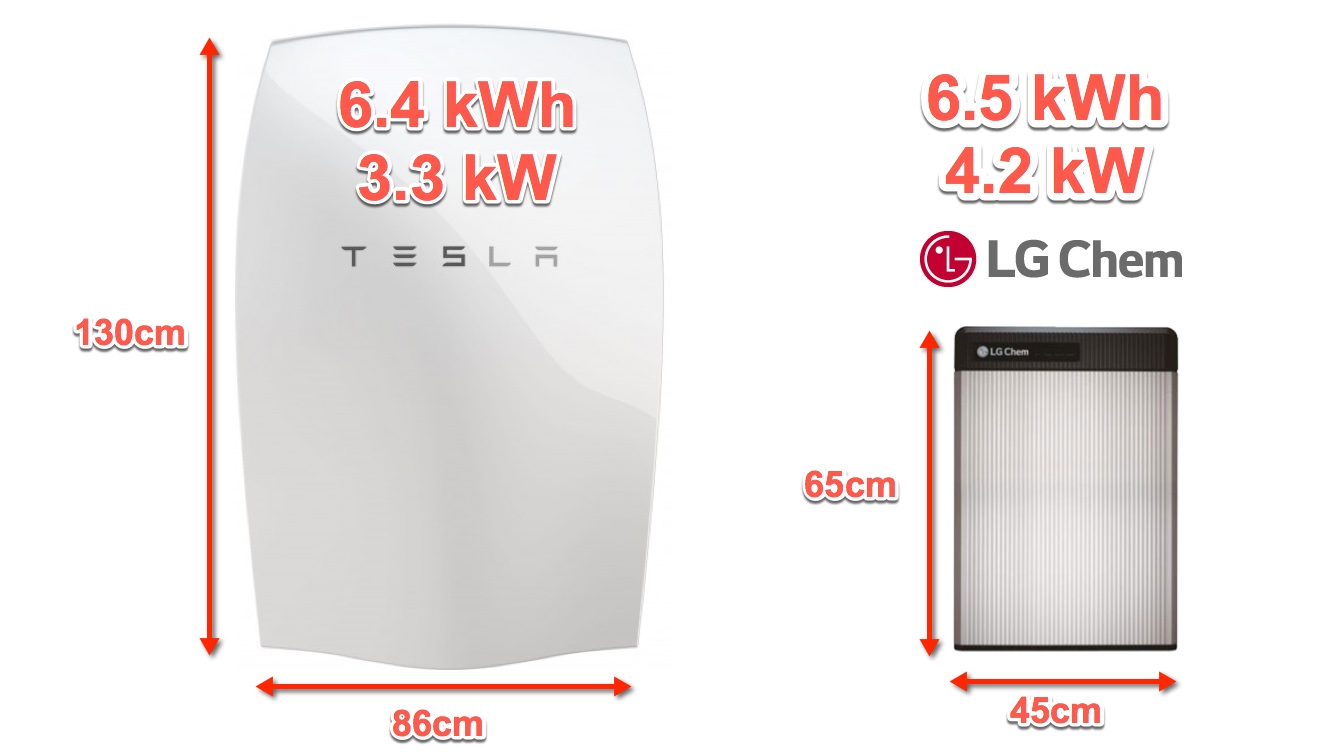
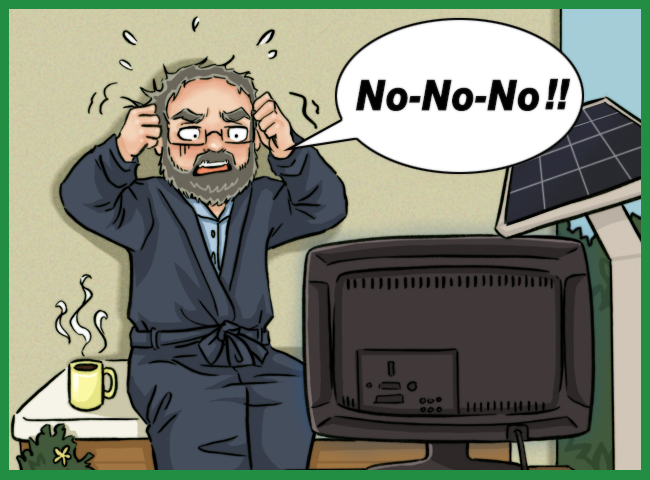
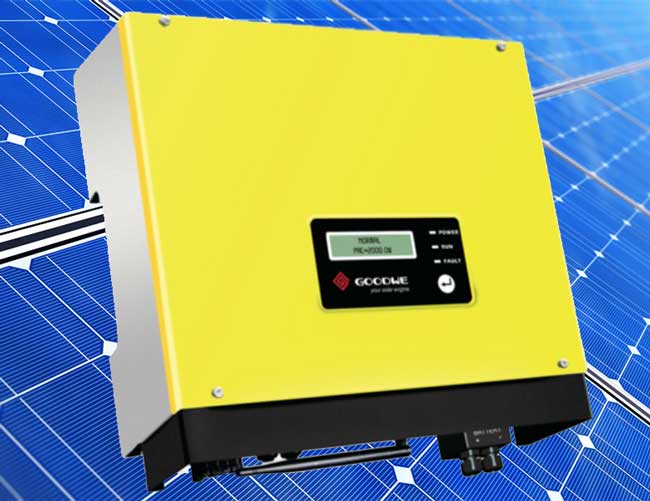

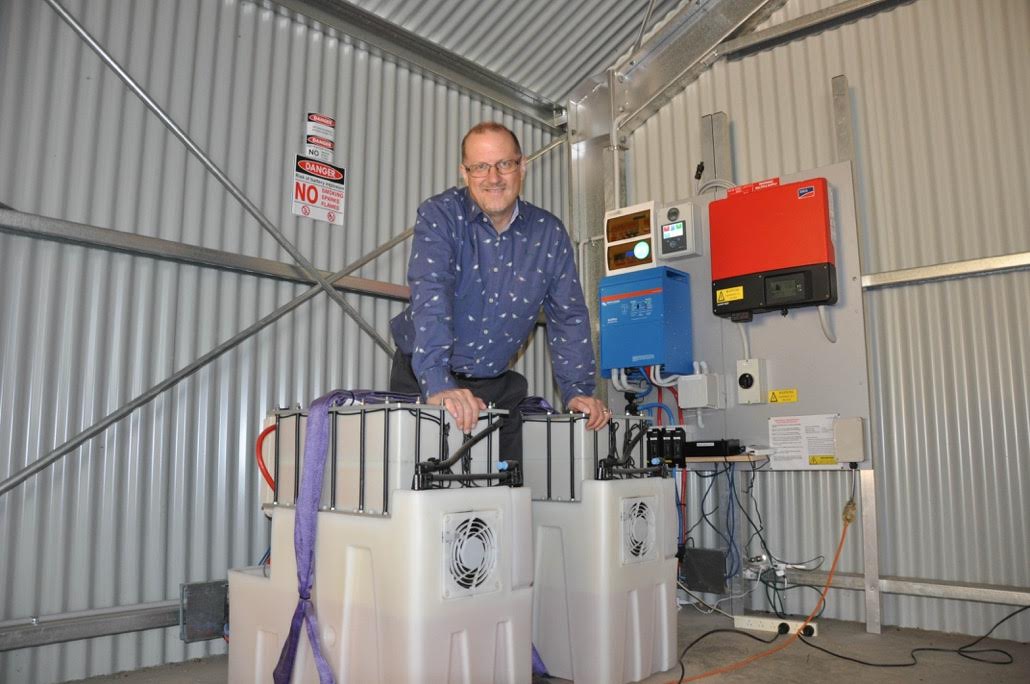
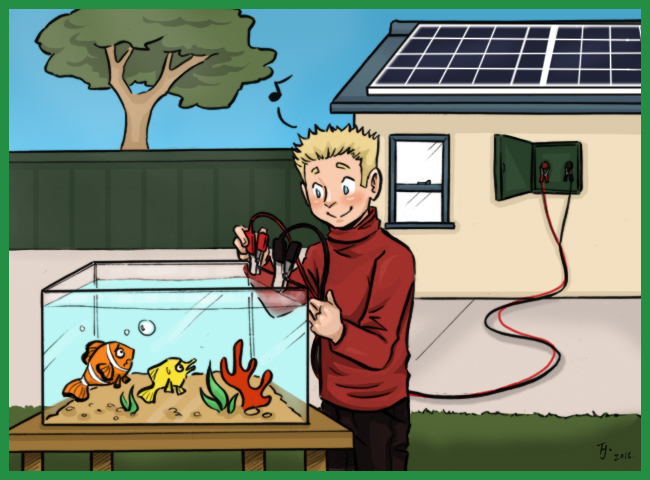
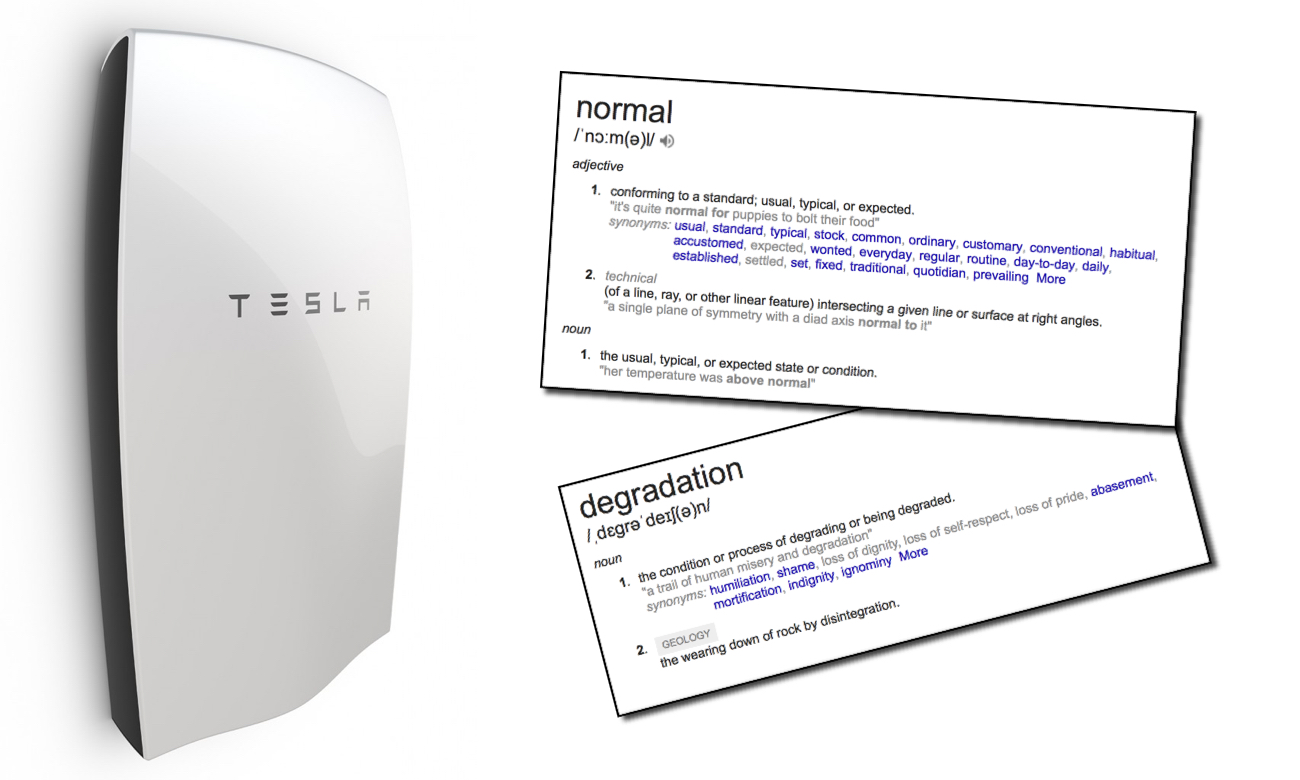
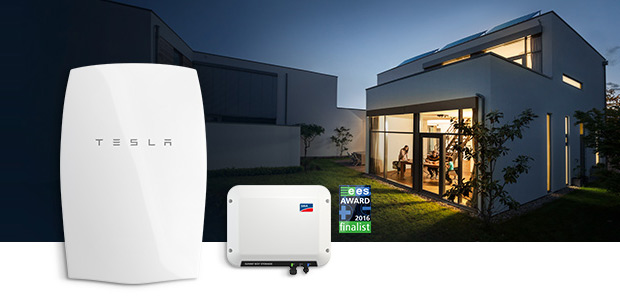
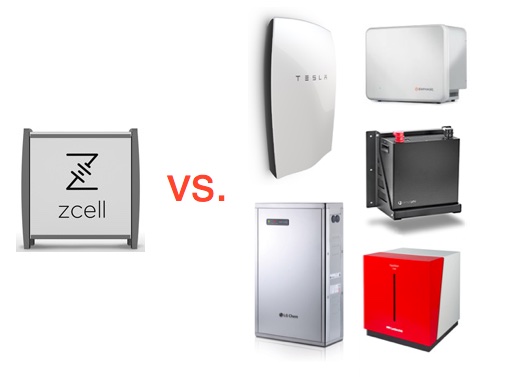
 RSS - Posts
RSS - Posts



Currently Raging Debates: